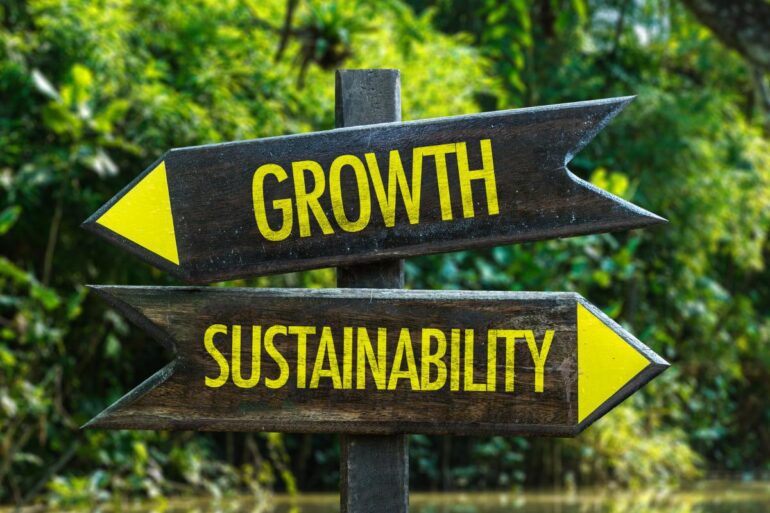TL;DR:
- Artificial intelligence (AI) is transforming sustainable development and green investments.
- AI improves the efficiency of renewable energy sources, reducing costs and attracting investors.
- AI optimizes energy consumption in buildings and cities, leading to the rise of smart infrastructure.
- AI-driven transportation solutions, including self-driving cars, lower fuel consumption and emissions.
- AI enables monitoring and prediction of climate change impacts, guiding informed decision-making.
- AI helps identify companies with strong environmental, social, and governance (ESG) performance.
- The integration of AI drives the green investment surge, fostering sustainable growth.
Main AI News:
The integration of artificial intelligence (AI) into various industries, spanning from healthcare to finance, has been nothing short of transformative. And now, this cutting-edge technology is making its mark in the realm of sustainable development and green investments. As the global community grapples with the urgent issue of climate change, the imperative for innovative solutions to curtail carbon emissions and foster sustainable growth has never been more crucial. In this context, AI emerges as a game-changer, poised to revolutionize our approach to environmental challenges and propel the green investment surge.
One of the paramount ways in which AI can contribute to sustainable growth is by enhancing the efficiency of renewable energy sources. Harnessing the power of AI algorithms, copious amounts of data gathered from solar panels and wind turbines can be meticulously analyzed to optimize their performance and predict maintenance requirements. This not only augments the overall efficiency of renewable energy systems but also drives down costs, rendering them increasingly competitive against traditional fossil fuel-based alternatives. Consequently, investors are gravitating towards the renewable energy sector, thus fueling the ongoing green investment surge.
Moreover, AI can play a pivotal role in managing energy consumption within buildings and cities. By leveraging data collected from diverse sensors and devices, AI can optimize heating, cooling, and lighting systems to minimize energy wastage and curtail carbon emissions. This has led to the rise of smart buildings and cities that are not only environmentally friendly but also energy-efficient. As these transformative technologies continue to proliferate, the demand for green investments in infrastructure projects is anticipated to experience exponential growth.
The transportation sector represents yet another domain where AI can exert a substantial influence. Autonomous vehicles, driven by AI algorithms, hold the potential to alleviate traffic congestion and reduce fuel consumption, ultimately resulting in lower greenhouse gas emissions. Furthermore, AI can be leveraged to optimize public transportation systems, rendering them more efficient and environmentally sustainable. This has captured the attention of investors who recognize the significant returns that lie in the development and implementation of AI-driven transportation solutions.
Beyond these direct applications, AI can also serve as a potent tool for monitoring and predicting the impacts of climate change, enabling governments and businesses to make well-informed decisions regarding their investments in sustainable development. For instance, AI can be employed to model the ramifications of rising sea levels on coastal cities, empowering planners to devise strategies to mitigate climate change risks. This, in turn, has the potential to attract additional green investments in the realms of infrastructure and urban planning.
Furthermore, AI can assist investors in identifying companies with robust environmental, social, and governance (ESG) performance, as these organizations are more likely to thrive in the long run. By meticulously analyzing vast volumes of data, AI can unveil hidden patterns and trends that may elude human analysts, thus enabling investors to make more astute decisions regarding capital allocation. Consequently, there has been a surge in interest in ESG investing, further propelling the ongoing green investment surge.
Conclusion:
The integration of artificial intelligence into the realm of green investments signifies a transformative shift in the market. AI’s ability to enhance renewable energy efficiency, optimize energy consumption, revolutionize transportation, and provide valuable insights for decision-making positions it as a vital catalyst for sustainable growth. Investors, businesses, and governments recognizing the potential of AI in addressing environmental challenges and promoting sustainable development are likely to capitalize on the emerging opportunities in the market. The green investment surge driven by AI holds promising prospects for both financial returns and a greener future.

